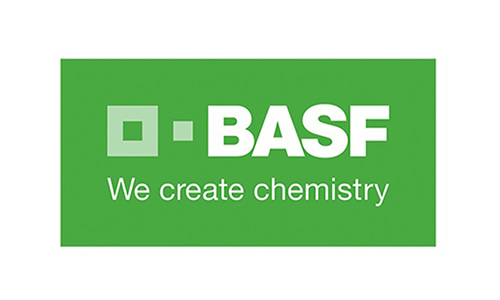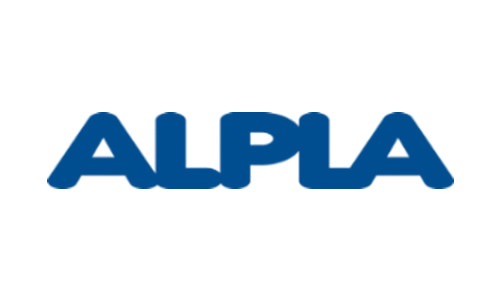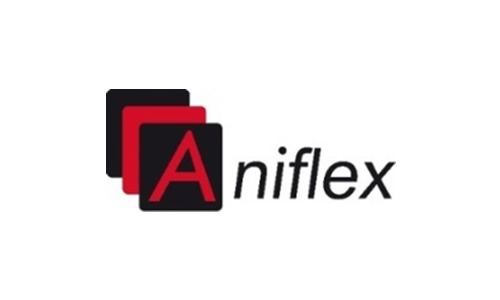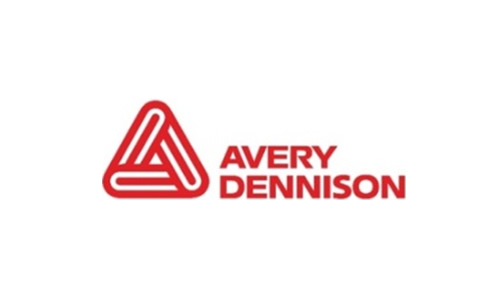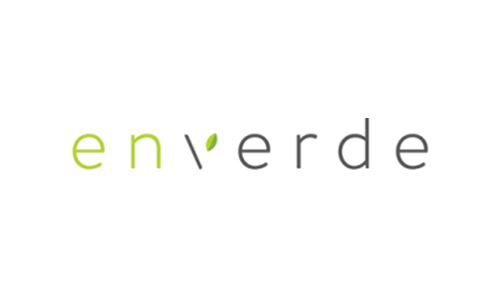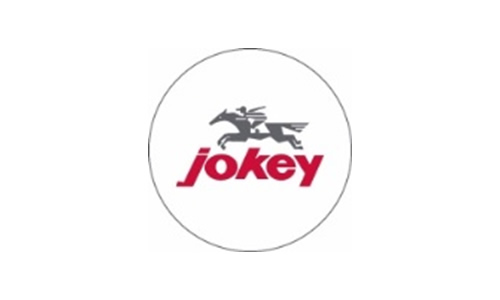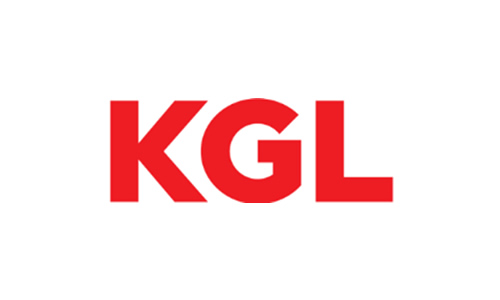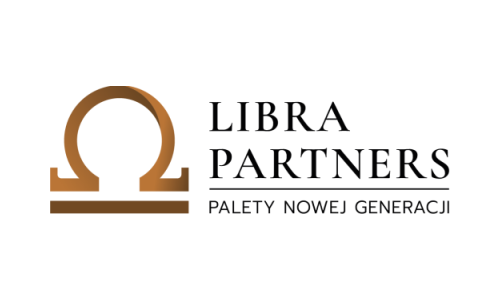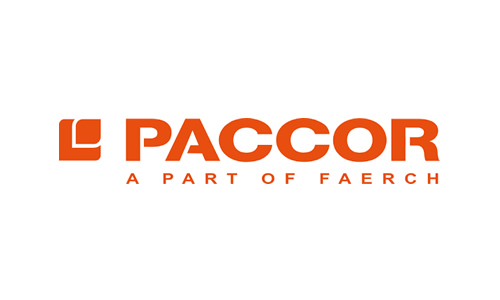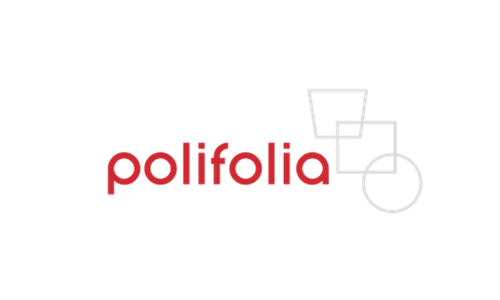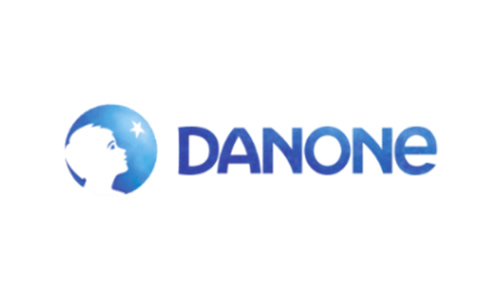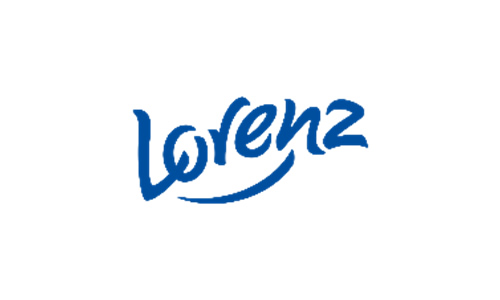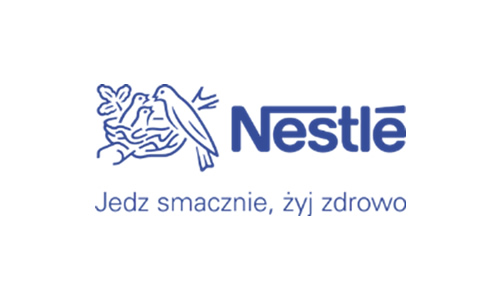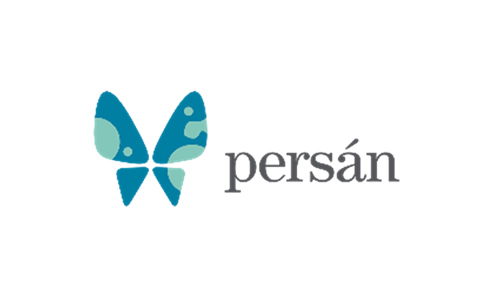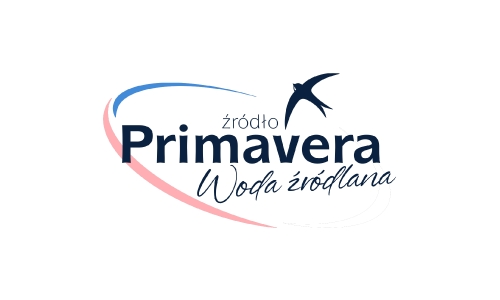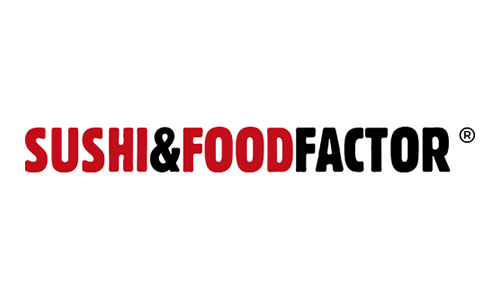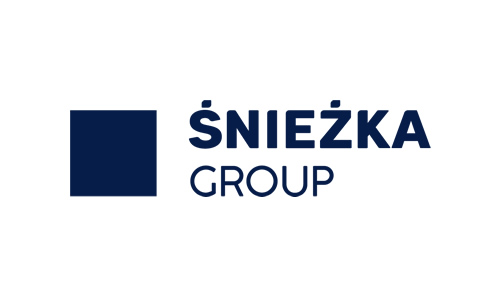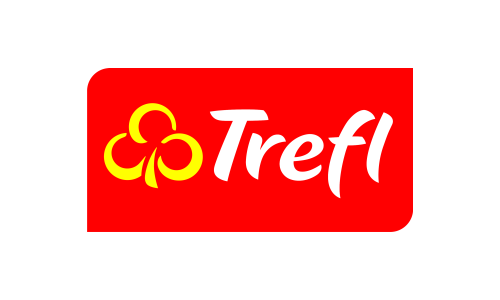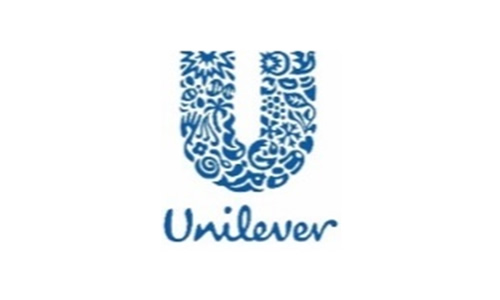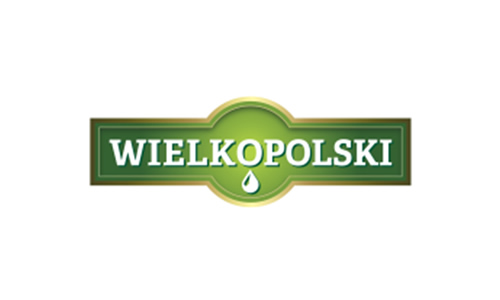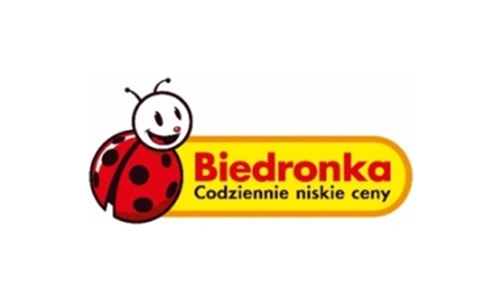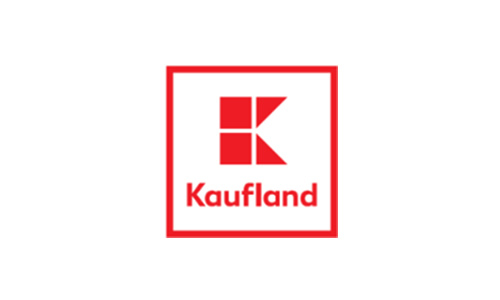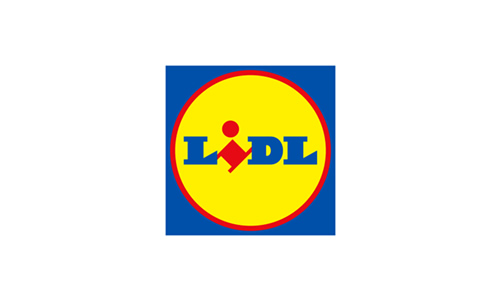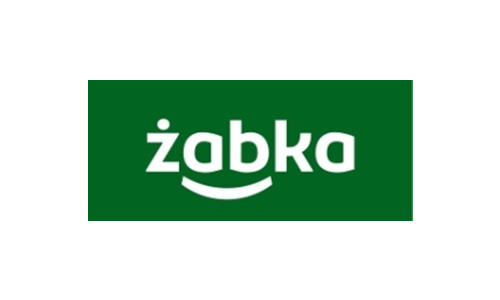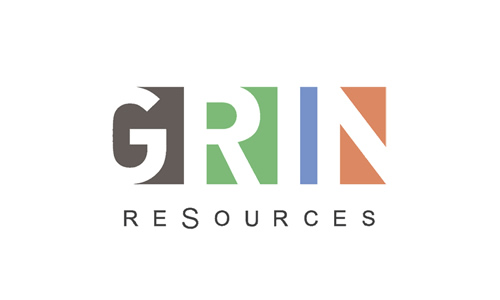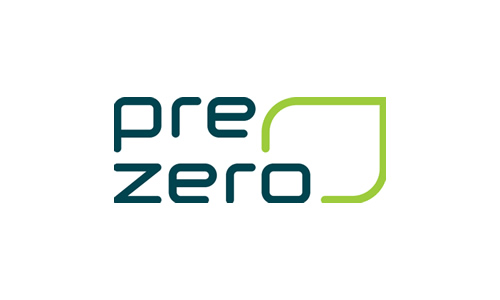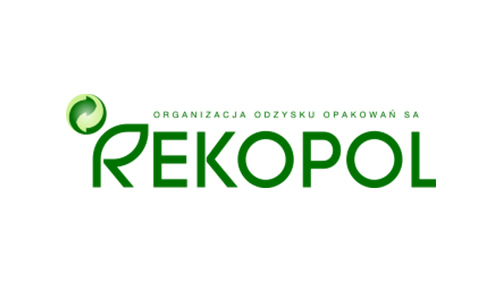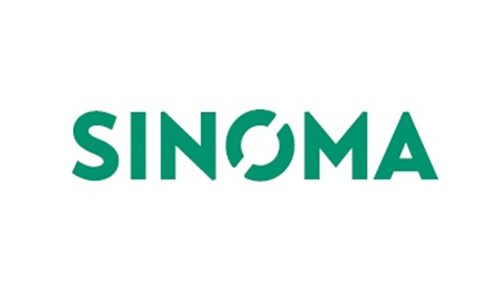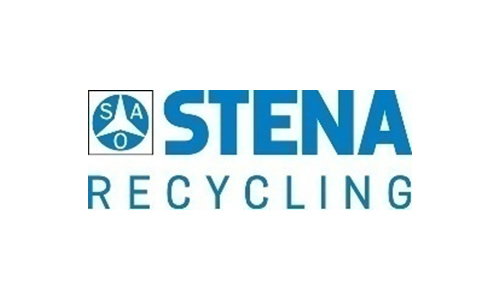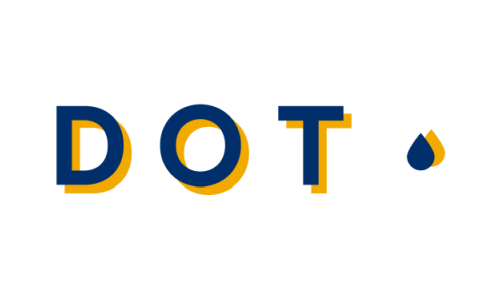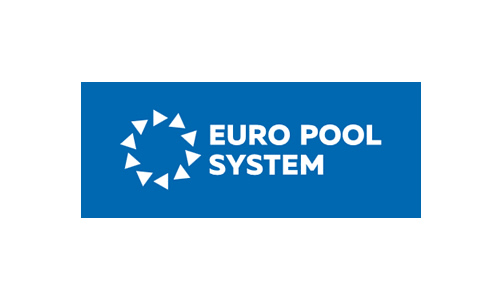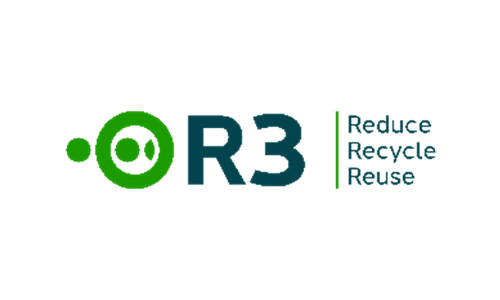WHO ARE WE?
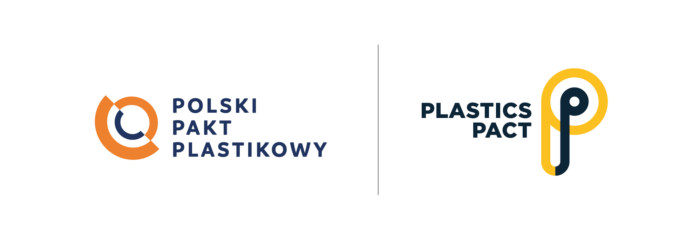
The Polish Plastics Pact is an initiative, led by The 17 Goals Campaign Foundation, which brings together companies and organizations related to the plastics value chain to work together to close the loop of plastic packaging in Poland. It is a unique multi-stakeholder, cross-sectoral and industry-led collaboration platform, which aims to tackle plastic packaging waste and pollution by bringing together different partners within a value chain i.e. businesses, non-governmental organizations and other key actors in the national plastics value chain. The Pact has been operating since September 2020.
ELLEN MACARTHUR FOUNDATION AND THE PLASTICS PACT NETWORK
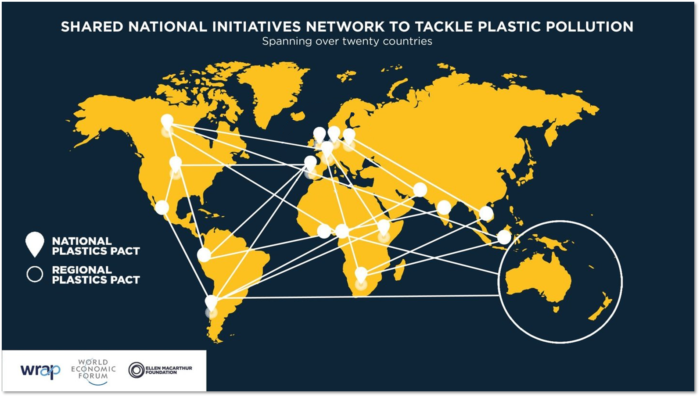
The Polish Plastics Pact is part of the global Plastics Pact Network coordinated by the Ellen MacArthur Foundation, a globally aligned response to plastic waste and pollution, which enables vital knowledge sharing and coordinated action. The Polish Plastics Pact is the first such initiative in Central and Eastern Europe. The network gathers 13 such Pacts around the world: ANZPAC (Australia, New Zealand and Pacific Islands), Canada, Chile, Colombia, France, India, Kenya, the Netherlands, Poland, Portugal, South Africa, the UK and the US. All these initiatives share a common vision of a New Plastics Economy in which plastics remain in a closed loop – a circular economy.
MEMBERS
Any company that undertakes to implement the tasks set out in the Pact’s strategic targets may become a member of the Pact, in particular plastics producers, packaging converters, producers of packaged goods, retailers, recyclers and waste management companies. Apart from member companies, Pact consists of supporting members (e.g. NGOs, chambers of commerce, business organizations, research institutes), Council of Experts and Pact’s Secretariat.
WHAT IS OUR MISSION?
The Polish Plastics Pact aims to change the current model of using plastics in packaging on the Polish market towards a circular economy and its members are committed to deliver 6 common targets by 2025.
Pact’s targets are as follows:

Goal 1
Identification and elimination of unnecessary and problematic plastic packaging through redesign, innovation and alternative delivery models.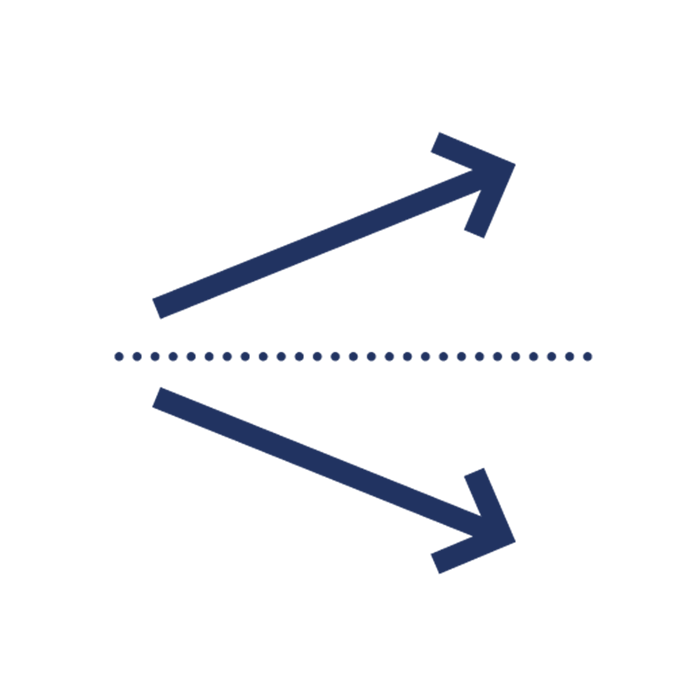
Goal 2
Striving to reduce the use of virgin plastic packaging by 30% across all plastic packaging put on the market.
Goal 3
100% of plastic packaging on the Polish market to be reusable or recyclable.
Goal 4
Striving to increase the amount of recycled content across all plastic packaging up to 25%.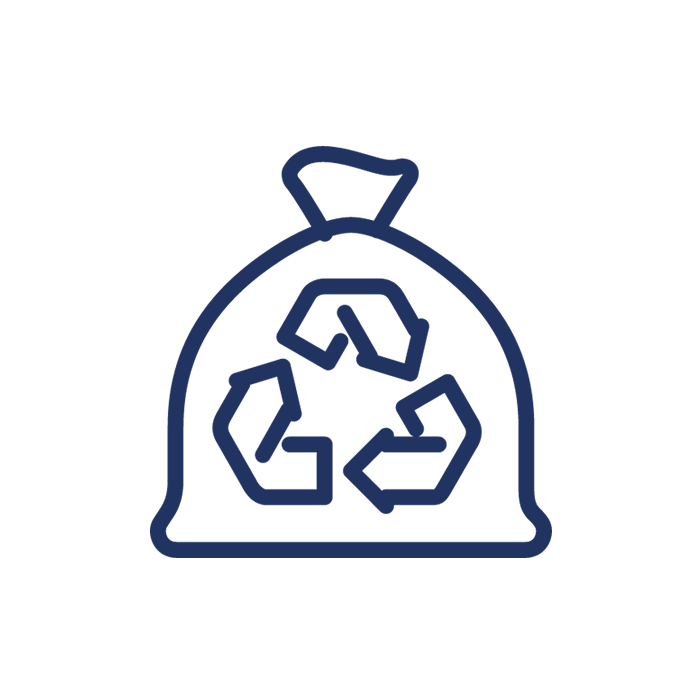
Goal 5
Effective support of the packaging collection and recycling system to achieve a recycling rate of at least 55% on the Polish market.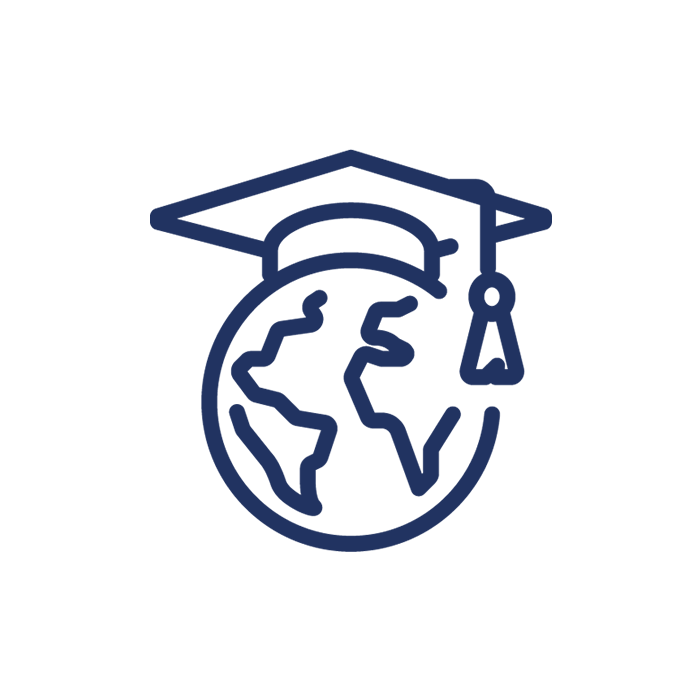
Goal 6
Increasing the quality and effectiveness of consumer education in the field of segregation, recycling, reuse and reduction of packaging consumption.BENEFITS OF JOING THE PACT
Possibility to participate in a unique project created by the Ellen MacArthur Foundation, the most important global think-tank in the field of circular economy.
Direct cooperation with companies from the entire plastic packaging value chain, as well as experts and industry organizations.
Influence on shaping the market – Pact members are responsible for ¼ of the weight of plastic packaging placed on the Polish market.
Co-creation of pioneering tools that are aimed to set the standards and direction of development of the plastic packaging value chain.
Support in the implementation of the company's packaging and environmental strategies thanks to involvement in the internal work of the Pact.
Preparing the company for upcoming legislative changes in the field of packaging.
Access to all internal materials of the Pact and to current and reliable expertise on circular economy and plastic packaging within the Polish and worldwide context.
Promotion of the company and its good practices regarding packaging thanks to a transparent reporting process.
A common ground and possibility to initiate innovative projects in cooperation with other partners under the umbrella of the Pact.
THE MOST IMPORTANT PUBLICATIONS
AVAILABLE IN ENGLISH
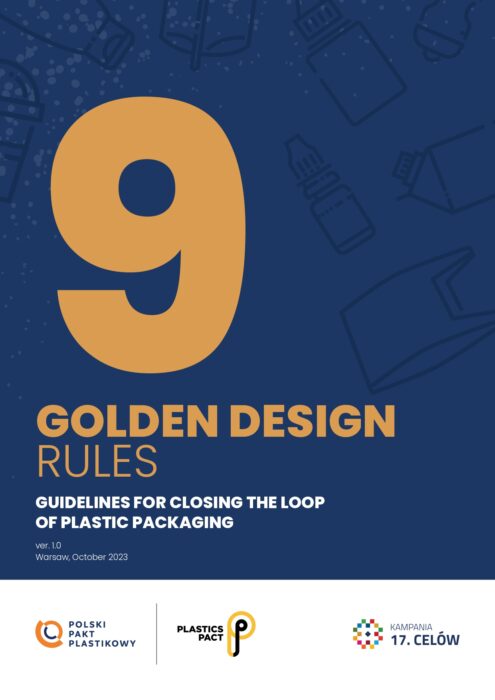
The publication presents guidelines for closing the loop of plastic packaging – 9 core rules that are needed to achieve the goal of harmonizing packaging design guidelines for the Polish and global market, based on the Golden Design Rules created by The Consumer Goods Forum.
9 Golden Design Rules support the implementation of all of the Pact’s strategic targets, with particular emphasis on Target 3, according to which 100% of plastic packaging on the Polish market must be reusable or recyclable by the end of 2025.
Other, associated, key Ellen MacArthur Foundation’s publications on which the PPP work is based: LINK
AVAILABLE IN POLISH
Annual Reports:
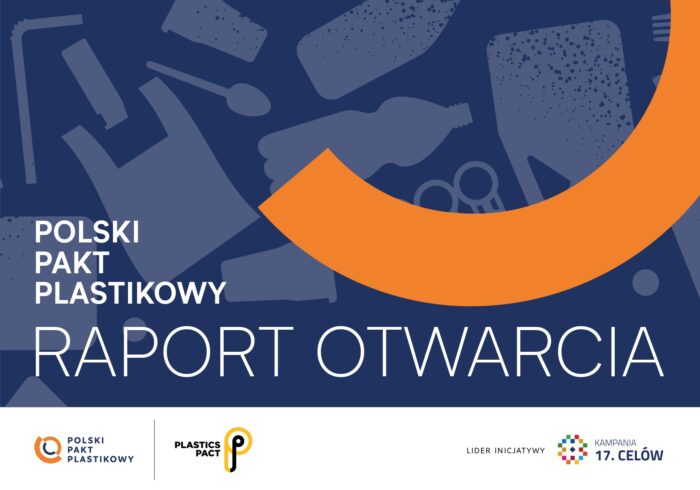
The baseline report from 2020, which aims to determine the initial state of the Pact in relation to the established targets and presents the best practices of its members in this area. In the Report one will find key data on the use of primary and secondary raw materials in packaging, an innovative methodology for determining the recyclability of packaging, an analysis of the waste management market, expert statements, and more.
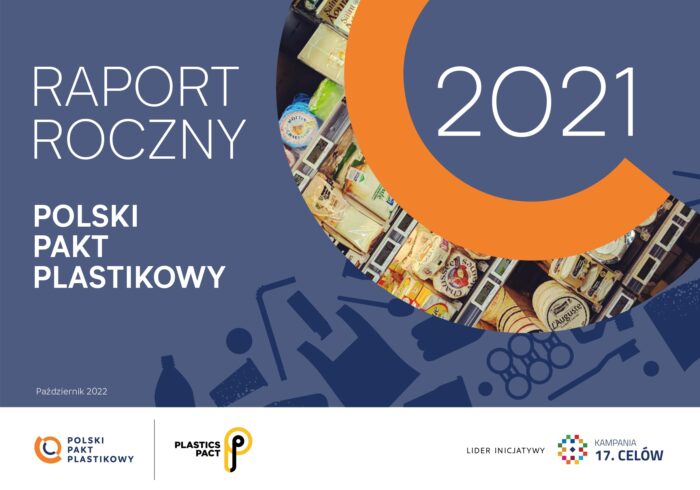
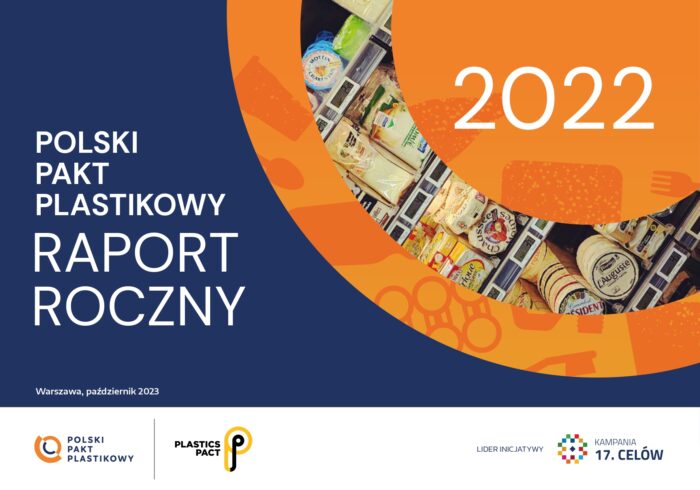
Reports that present the aggregated results of the member companies for 2021/22, in comparison to the baseline report (2020) and examples of actions that members take (good practices), as well as highlights strategic directions for further actions that must be taken to achieve the main PPP’s targets. The Reports also summarize the activities carried out jointly under the Pact.
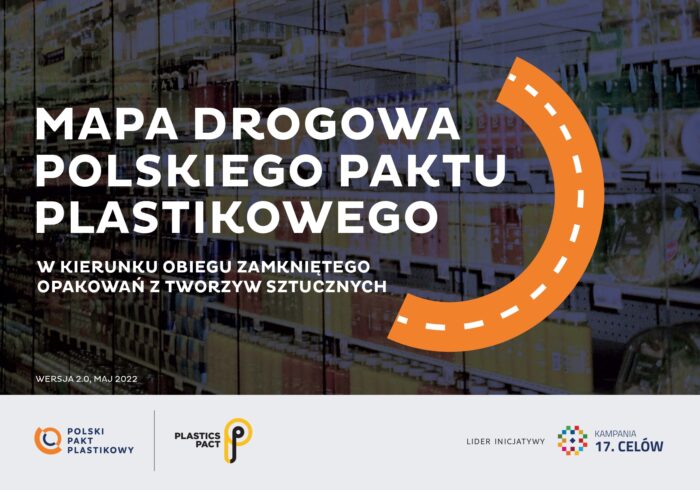
A roadmap which presents in detail how the Polish Plastics Pact achieves its targets; the publication identifies key outcomes and the actions that will allow the PPP and its members to implement the tasks achieving the targets within defined time horizon, facilitating closing the loop of plastic packaging.
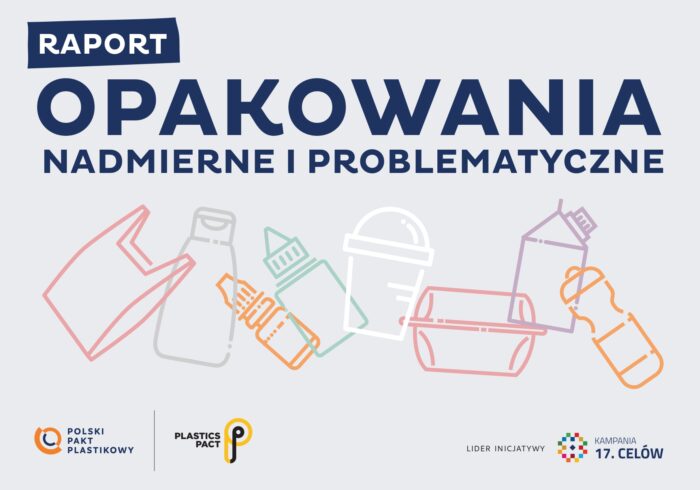
The report sets up definitions of excessive and problematic packaging, giving a list of examples and tips on how to identify them in the packaging portfolio of an organization. The publication also explains the reasons why enlisted packaging is problematic and how to implement circular innovations in the field.
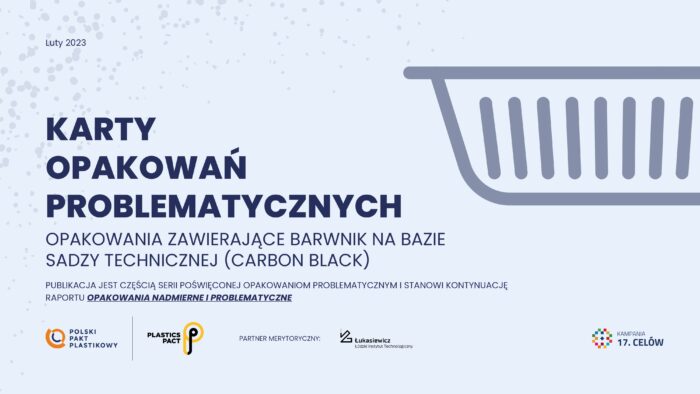
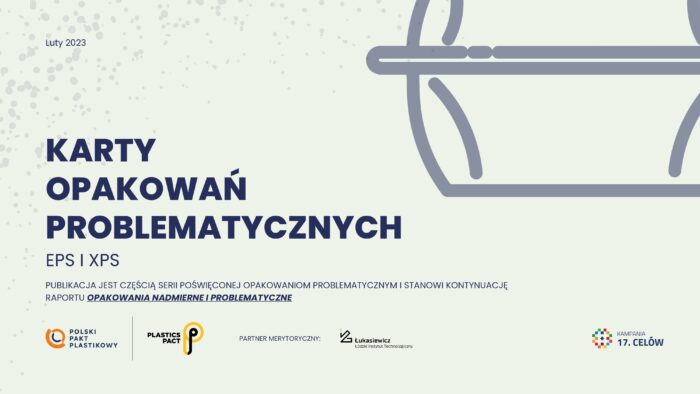
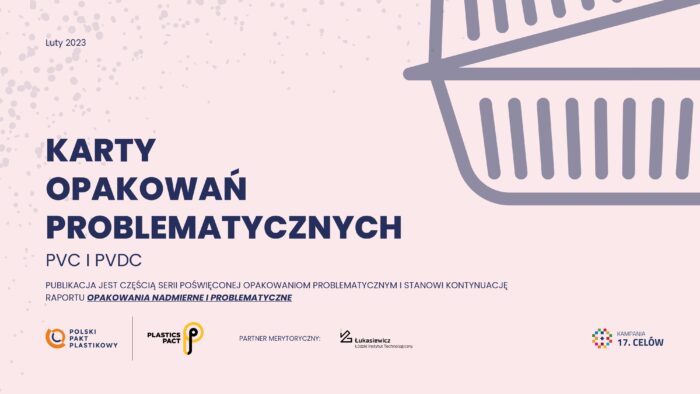
A series of publications regarding different, problematic packaging identified by the Pact like: EPS and XPS, PVC and PVCD, and carbon black. These 3 documents intend to deepen the issues with and indicate possible directions of strategic actions for companies towards elimination of problematic packaging, in accordance with the waste management hierarchy, and present the PPP members’ good practices.
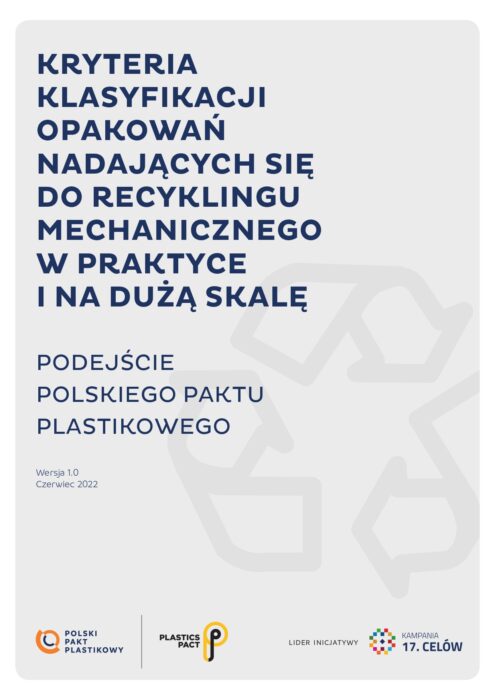
A publication that explains in detail the methodology for assessing plastic packaging recyclability in practice and at scale developed by The Ellen MacArthur Foundation, and used by the Polish Plastics Pact and Plastics Pact Network.
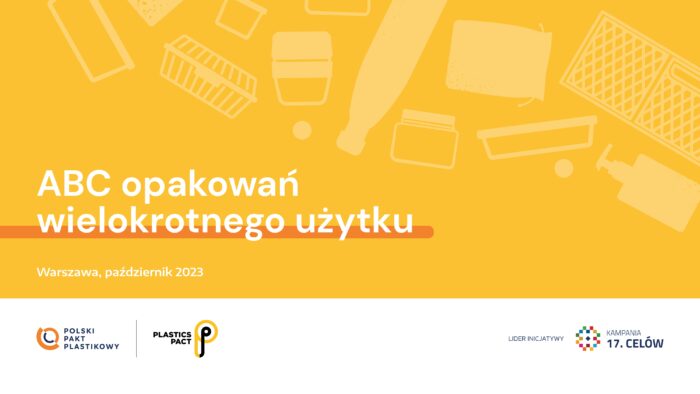
A publication that aims to present the possibilities and limitations of implementing reusable packaging systems based on good practices from Poland and around the world, explaining the main concepts related to reusable packaging and indicating key, associated regulations and legal environment.



